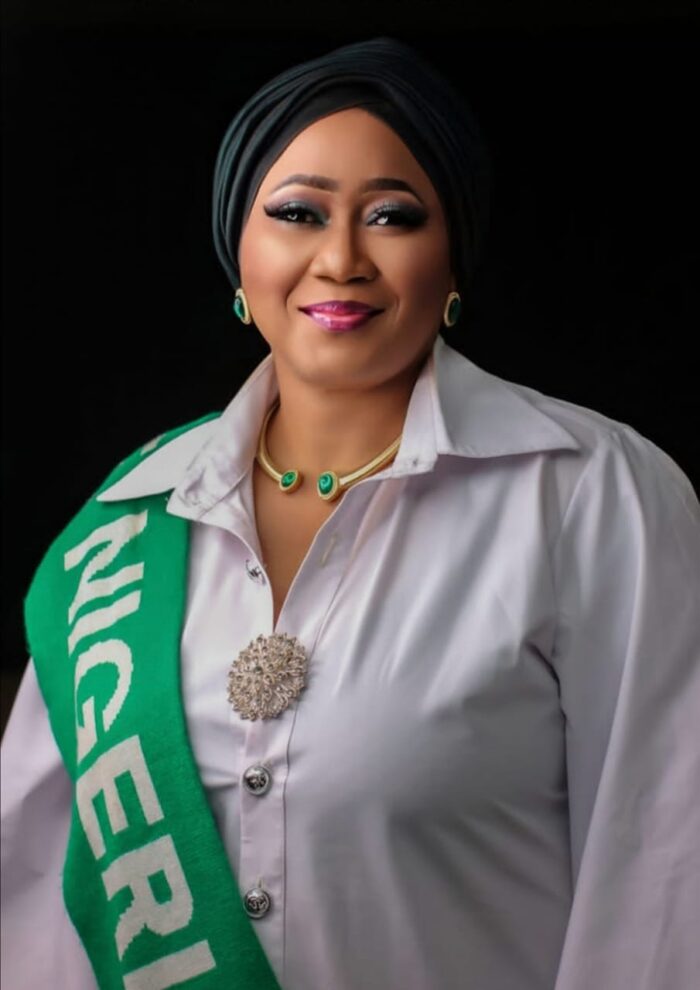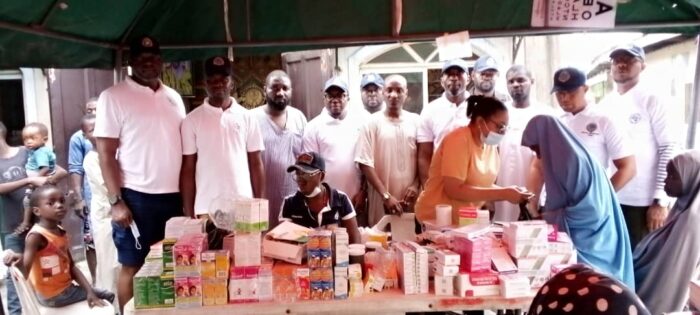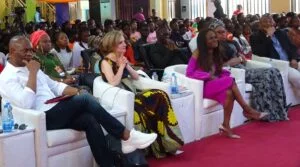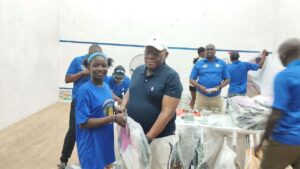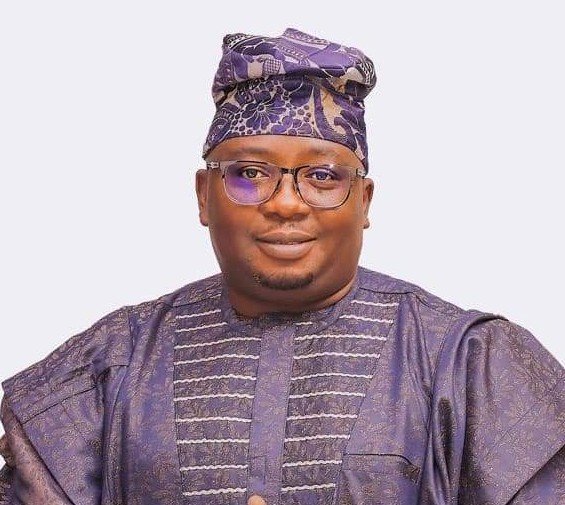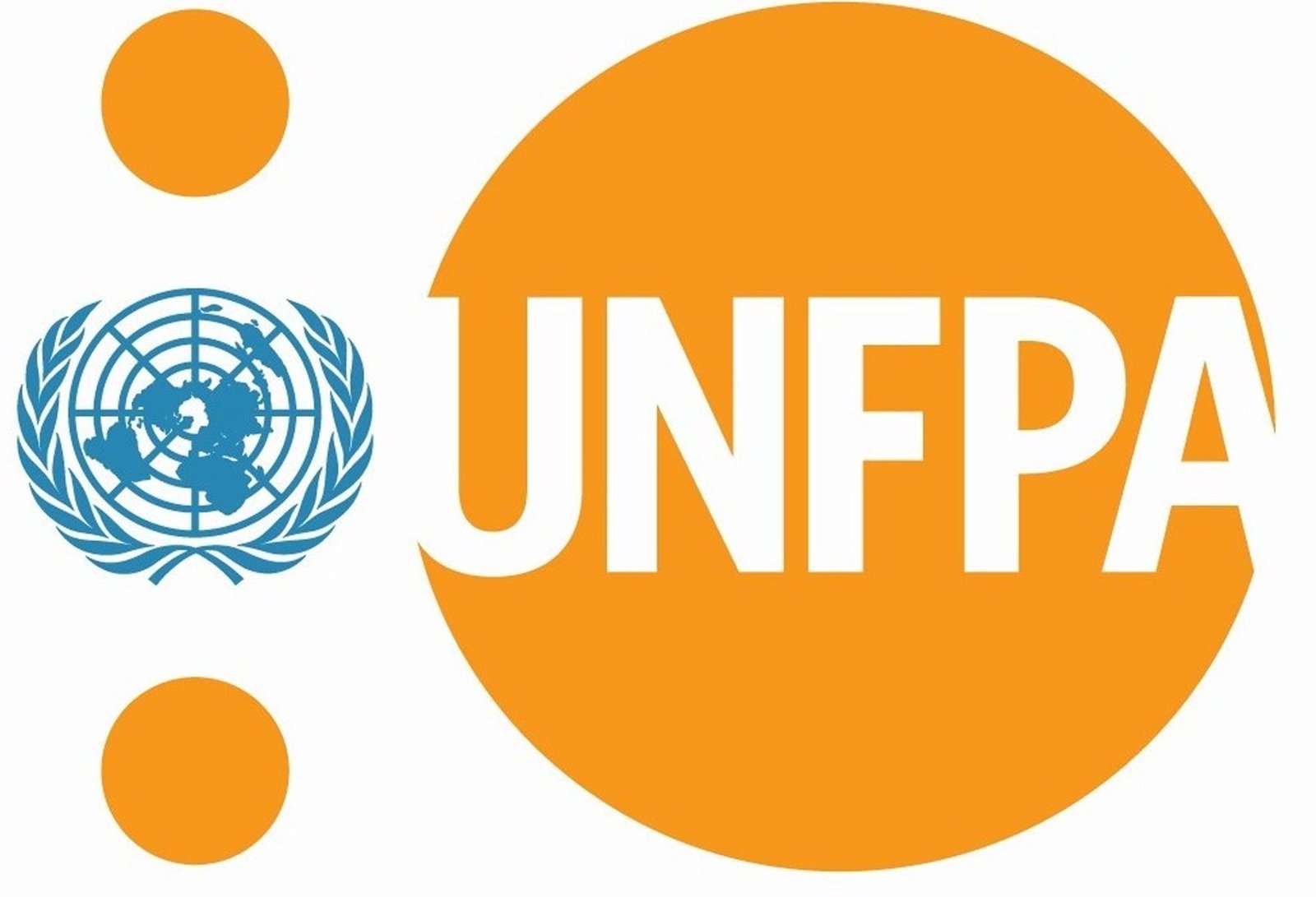338 total views today
By Lilian U. Okoro
The Heritage Advancement Forum (HAF) has offered free medical outreach to over 350 residents of Idi-Araba community in Lagos State.
The News Agency of Nigeria (NAN) reports that the medical outreach was organised by the forum on Saturday in Lagos.
Mr Aaron Irabor, the President of HAF, said that over 350 adults and children benefited from the medical outreach.
Irabor said the outreach was one of the ways the organisation makes healthcare services accessible to people in the communities, who cannot afford hospital bills.
According to him, the outreach has been on since the inception of the organisation in 2018.
Irabor said it was instituted to improve the well-being of indigent people across the country.
He explained that the organisation in addition to its series of outreach services and other charity works, had started offering scholarships to the less privileged children in primary and secondary schools.
He added that the target of the organisation was to give scholarships to a minimum of 10 children annually.
Irabor disclosed that 10 students had been enrolled into schools for the first category of the scholarship for 2023.
“The major objective for the outreach is to bring healthcare services closer to the community at no cost at all because access to medical care is a big challenge in Nigeria.
“A lot of people with one underlying ailment or the other are dying in silence because they can’t afford the exorbitant hospital bills.
“And considering the economic condition of the country, we have decided to kickoff a scholarship programme aimed at catering for the education needs of the less privileged children from primary to their secondary school level,” Irabor said.
Also speaking, Mr Anegbode Odion, the Vice President of HAF, expressed commitment of the organisation to continually ensure that the masses and indigent Nigerians have access to healthcare services at no cost.
Odion said different medical services including screening for blood pressure, blood sugar level, diabetes, eye tests, HIV tests, tuberculosis and general body checkup among others, were provided at the outreach.
He added that free drugs were dispensed to the beneficiaries based on their health conditions, while those their medical needs could not be immediately provided were referred to appropriate hospitals.
He said, “The outreach is been carried out twice in a year; this one is the first phase of it in 2023 and the second phase may take place in the next two or three months.
“Our desire is to provide the medical services any patient may need.
“But incase of any serious health challenge that we may not be able to handle immediately, we usually refer them to appropriate hospitals and follow up with the financial requirements in any little way we can.”
Dr Adedemola Adeogun, a general physician, urged the residents to take their health serious and always go for medical check-up, particularly to check the Blood Pressure (BP) level.
Adeogun, also a consulting doctor at the event, identified ignorance as major contributing factor to health conditions of most Nigerian adults, as many people with high blood pressure were not even aware.
According to him, high blood pressure is the leading cause of death among adults, saying that regular check on it can help to avert some critical conditions that may lead to death.
He recommended that every family should have the blood pressure testing apparatus, to enable the elders in the family keep a regular check on their BP.
“Every family is supposed to have the BP testing apparatus to enable them maintain a regular check on their BP status, but in situations where they cannot afford the BP testing apparatus, a regular visit to any nearest healthcare facility is advisable.
“This is because high blood pressure as a silent killer is the leading cause of death now.
“By my record, six out of every 10 patients consulted here today were hypertensive, which majority of them were not even aware because they don’t check” Adeogun said.
A beneficiary of the outreach, Mrs Usaina Aliyu-Umar, appreciated the organisation for the outreach that provided opportunity for many indigent citizens to access healthcare.
Aliyu-Umar said access to healthcare services was a big challenge to most residents of the community due to poverty.
She identified poor environment and stress as major factors contributing to the health conditions of residents of the community.
Aliyu-Umar, therefore, urged the state government to intensify efforts toward making healthcare services available, affordable and accessible to people in the community.
She said, “The economic condition and hardships in the country is taking toll on the residents; the people are stressed out and have little or no money to cater for their needs.
“A lot of people here do not have money to buy drugs when sick or even go to the hospital.
So, if the government can do more to upgrade our environment here or provide the needed medical services, it will go a long way to improve our living standard.
Another beneficiary, Mr Abubakar Ibrahim, described the outreach as an “eye opener that revealed his health condition.
Ibrahim said he was not aware he was hypertensive until he consulted with the doctor at the outreach. (NAN) (www.nannews.ng)
==============
Edited by Chinyere Joel-Nwokeoma





